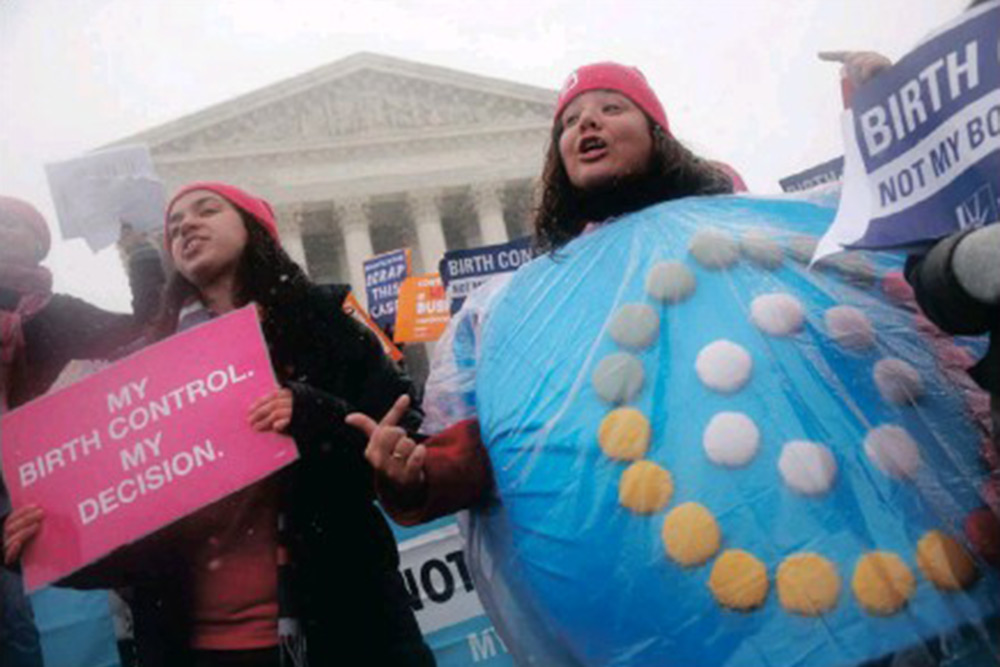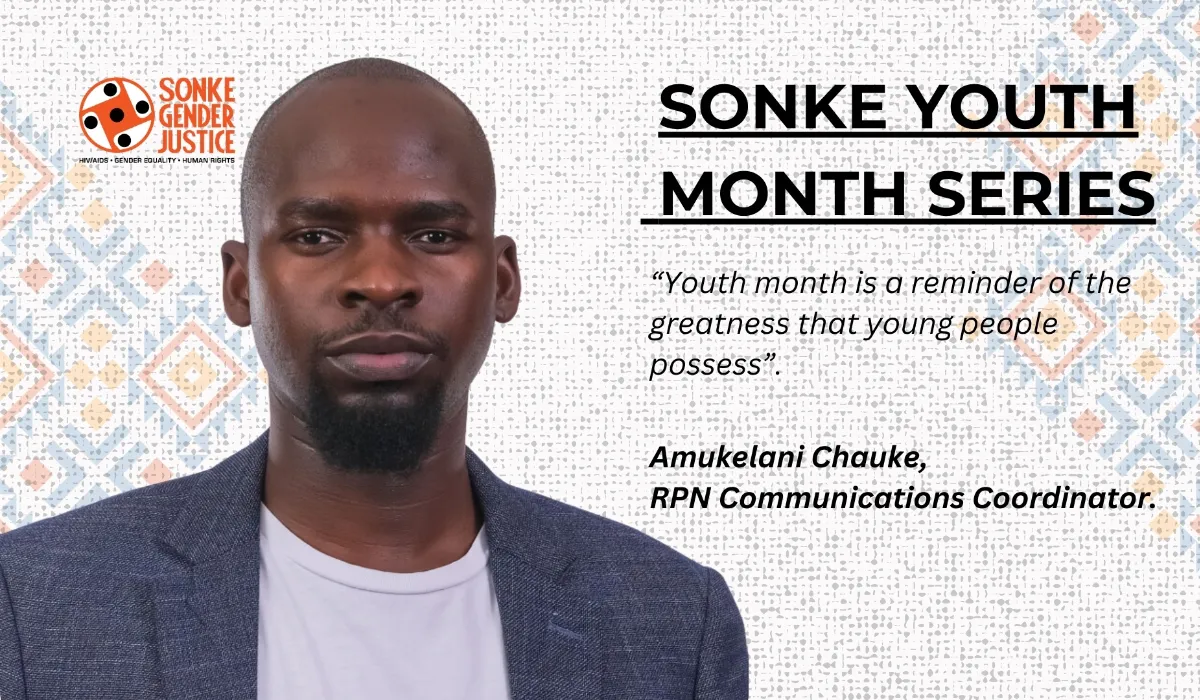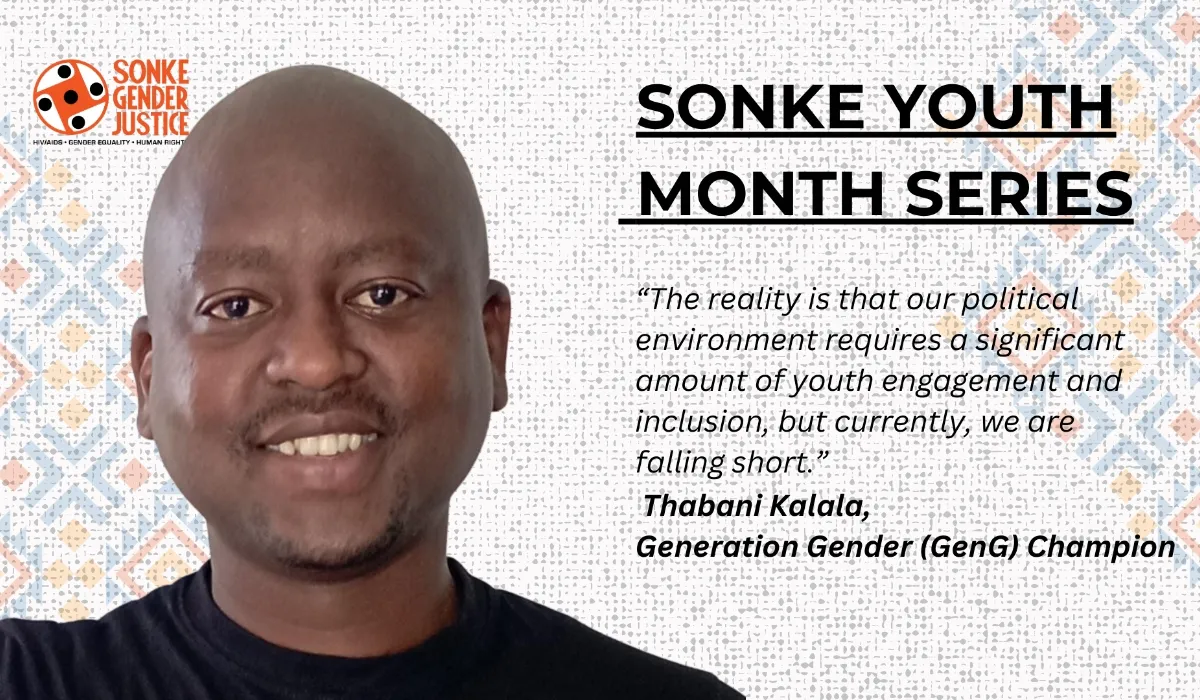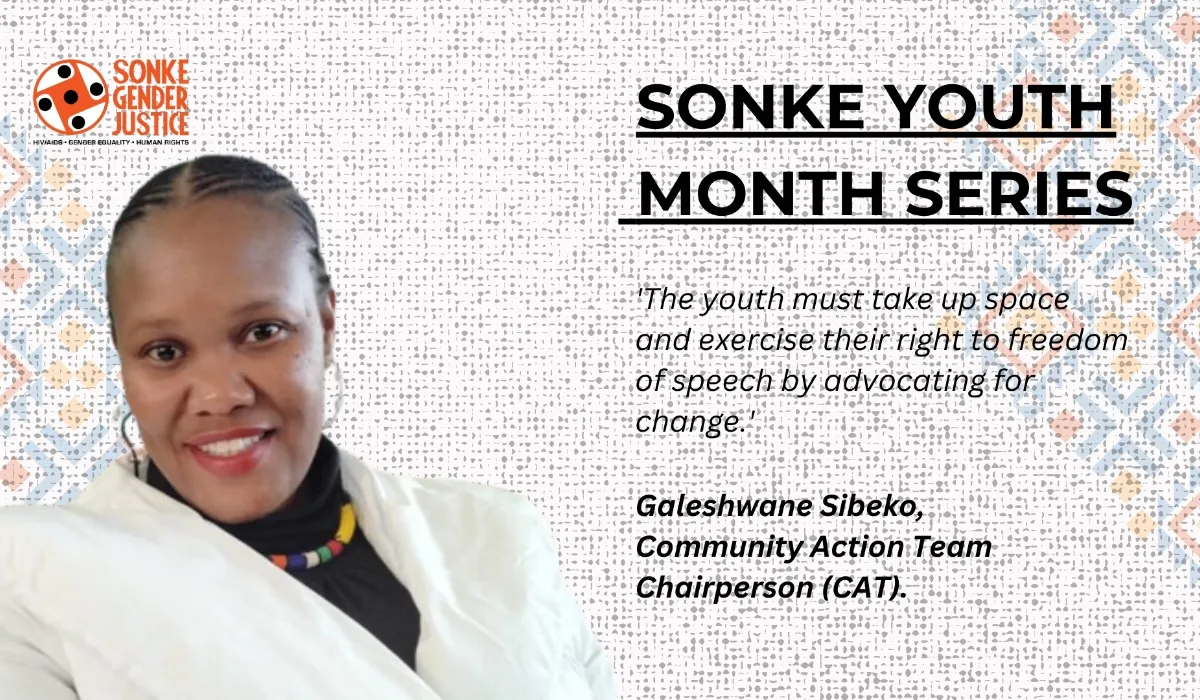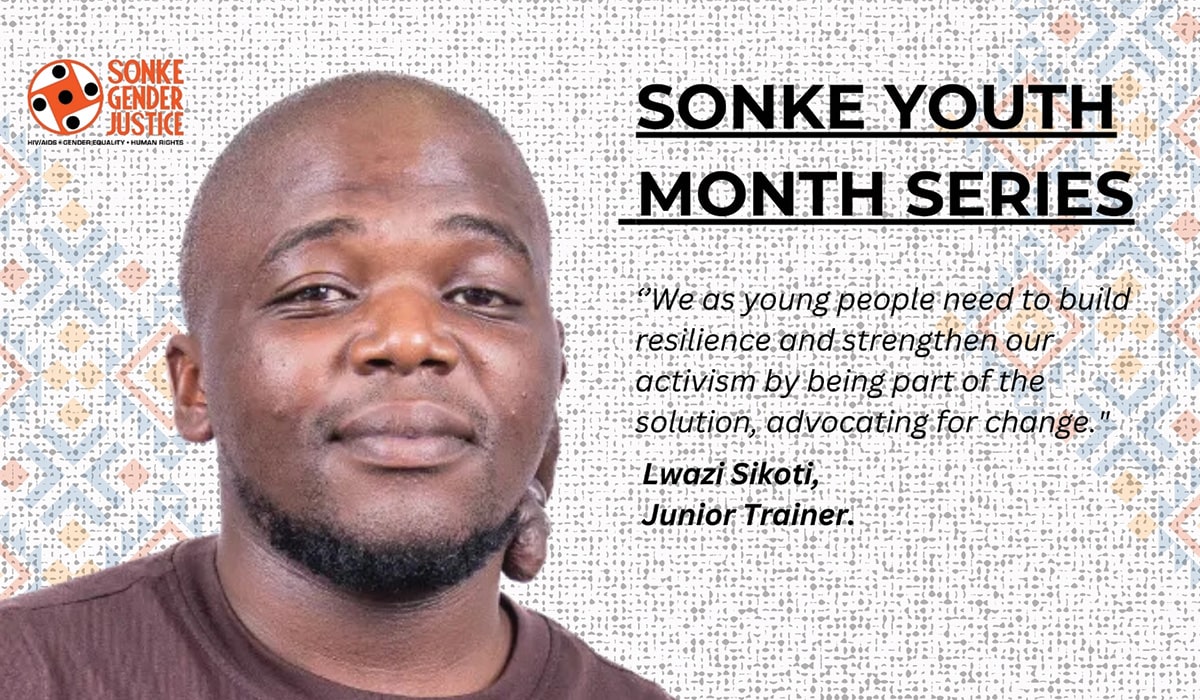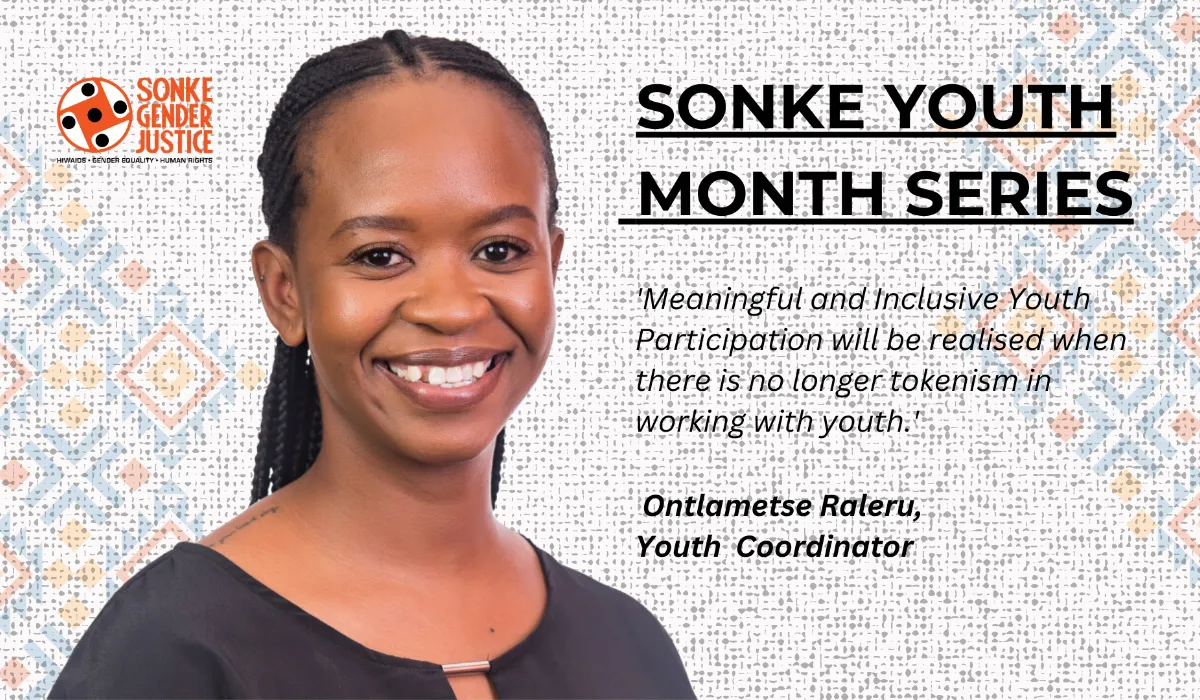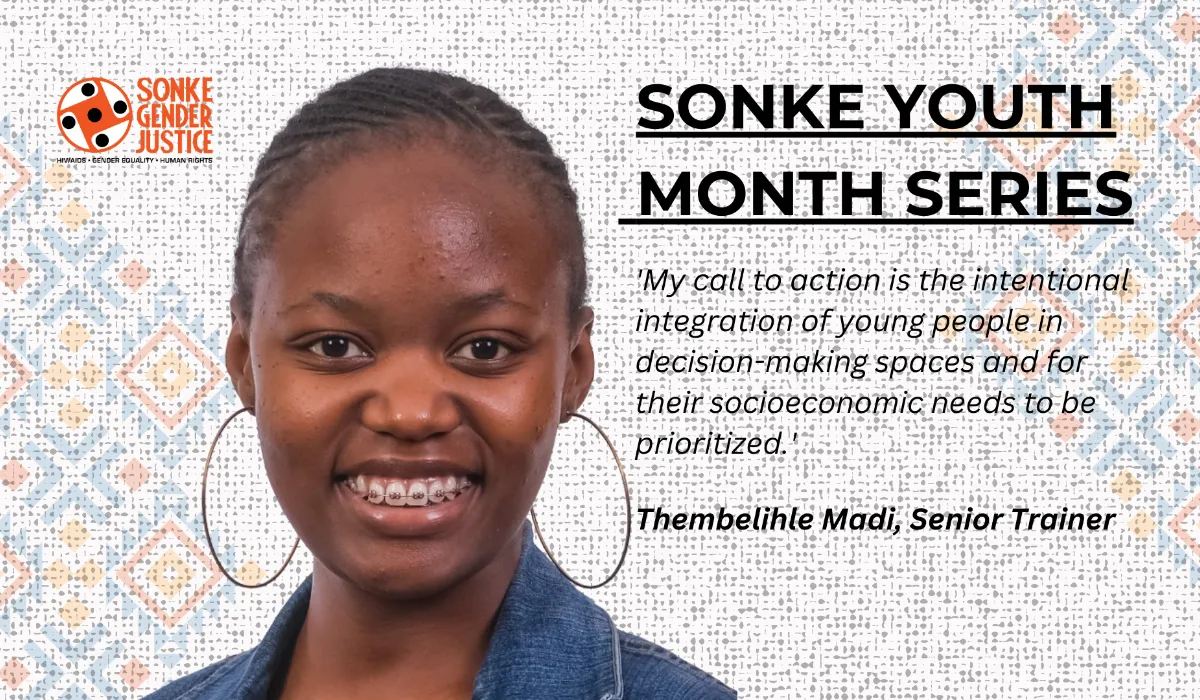Last Wednesday, the North-West Department of Health issued a public apology. What had it done wrong? It had injected female learners with contraception without their written consent.
Nurses, it seems, arrived at Pitso-Letlhogile secondary school and administered pregnancy tests on Grade 12 learners. Those who were deemed not pregnant, were summarily given contraceptive injections.
This was a plainly unconstitutional of the young learners’ rights to bodily autonomy and reproductive freedom.
The South African Human Rights Commission noted in February that it is investigating – that seems to be the current status of the case. February marked a comparable, though more widespread violation – less visible but as insidious as forcing contraception into the bodies of young rural women. February 2018 was the first anniversary of US President Donald Trump signing into law the Global Gag Rule (GGR) (which goes by the full legal title of the “Protecting Life in Global Health Assistance Policy”).
In simple terms, the GGR prohibits organisations that get US global health assistance money from giving women information about abortion. It prohibits them from informing a woman about her choices on termination of pregnancy. Organisations are allowed to do so only if the pregnancy is due to rape or incest, or poses a significant health risk to the pregnant woman.
If organisations do not obey, their funding is cut.
In fact, the GGR is even more insidious. It prohibits organisations that receive US money from providing abortion information even if with other funders’ money.
Some organisations have rightly pointed out that health care providers in South Africa like nurses and doctors have a duty to counsel and refer women for abortion services under South African law, and that the GGR cannot apply.
But the GGR seems to gag community workers, counsellors and social workers, who are not “health care providers” under SA’s legislation – but who nevertheless are vital sources of information on abortion. A popular bumper sticker advises: “If you don’t like abortions, then don’t have one”. Surely, some might argue, this principle should extend to organisations receiving US foreign aid? If organisations get US tax-payers’ dollars, they should not kick up a fuss over the conditions they have to comply with. This ignores the rights and wrongs and power politics of development funding. It ignores the millions of women who die from backstreet abortions, and the high rate of disease associated with incomplete abortions.
The World Health Organisation estimates that every year some 68 000 women die of unsafe abortion, and of the women who do survive unsafe abortion, 5 million suffer long-term health complications. This points strongly to the need for women to be provided with information about abortion, and to have access to safe abortion services where they choose to terminate their pregnancy.
Yet, GGR affects not just pregnant women. It also has far-reaching implications for the work that organisations do within the fields of health and human rights, gender equality and violence prevention. Sonke Gender Justice is an example. The GGR has a direct impact on Sonke’s work to prevent violence. Established in 2006, Sonke is one of SA’s largest not-for-profits focusing on gender based violence. It has won national and international awards for high-impact projects that address and prevent this scourge. It does important work given that in SA intimate partner violence is the leading cause of death of women who are murdered. More than half of female murder victims are killed by an intimate partner.
Recently, Sonke welcomed fresh calls for funding proposals to address the vulnerabilities to HIV experienced by women and adolescent girls because of rigid and inequitable gender roles, domestic violence and rape. US calls for proposals include the recent “Preventing HIV/AIDS in Vulnerable Populations in South Africa”. These are to address and prevent gender based violence and to reduce women’s vulnerabilities to HIV. They carry big bucks allocations of $150 million in total USAID funding over five years. This money could make a huge difference to many lives in South Africa.
And Sonke is ideally placed to apply for these grants and to expand its well-evidenced work. But Sonke is committed to sexual and reproductive health and rights. It must be. This means that Sonke cannot sign the GGR. The consequences may be devastating. For many women in rural areas, Sonke is the only source of information about safe and legal abortion.
Staff know the brute facts. These are that legalizing abortion in SA, which happened in 1997, dramatically decreased suffering, death and disease.
Sonke must be able to give information on abortion. It must engage in advocacy to sustain women’s right to safe and legal abortion. This safeguards the advances the abortion legislation secured. So Sonke applied to US authorities for exemption from the
Letters to the editor: PO Box 1014, Joburg, 2000 GGR. Early indications dismal. Few organisations will receive exemption.
This means that South Africa might not benefit from high impact and evidence-based interventions on violence from well-established organisations like Sonke and others who cannot submit to being gagged. It also means that the reach of US grants is cut back as it would not allow Sonke and its partners significantly greater capacity to implement their proven programmes that would reduce GBV and decrease women’s vulnerabilities to HIV.
The GGR has far-reaching and harmful effects. These have already been felt. One of Sonke’s partners ran a clinic in an urban centre. Because of the GGR, it was forced earlier this year to close its doors. For years, the clinic provided sexual and reproductive health services to about 2000 women each year.
It gave women and men access to essential contraception, provided information on sexual and reproductive health, and offered the choice of termination of an abortion to pregnant women who wanted it. It was a particularly important service to migrant women, poor women and learners, and provided care to women who experienced violence.
The perverse consequences of the GGR, and the lost opportunities imposed by ideology-based funding restrictions, will likely be felt long after Trump has left office. On Human Rights Day 2018, South Africa should commit to never allowing young women to be subjected to the ordeal of those at Pitso-Letlhogile secondary school. And we must speak loudly for policies that fulfil our Constitutional values.

